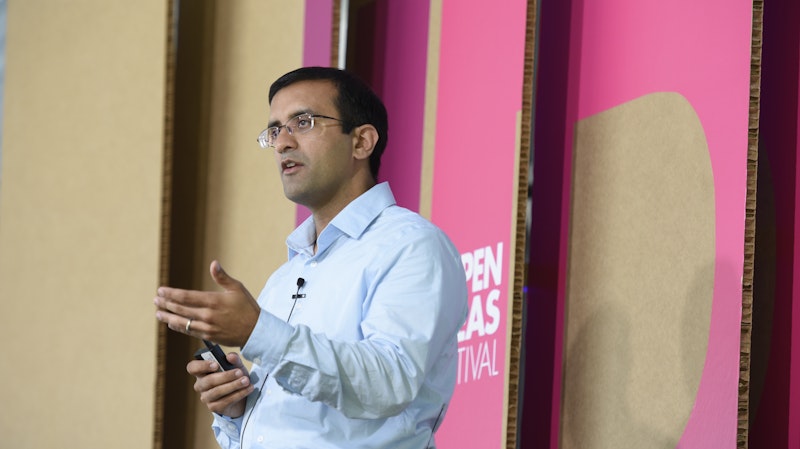
Deep Dive: Growing a Global Health Workforce
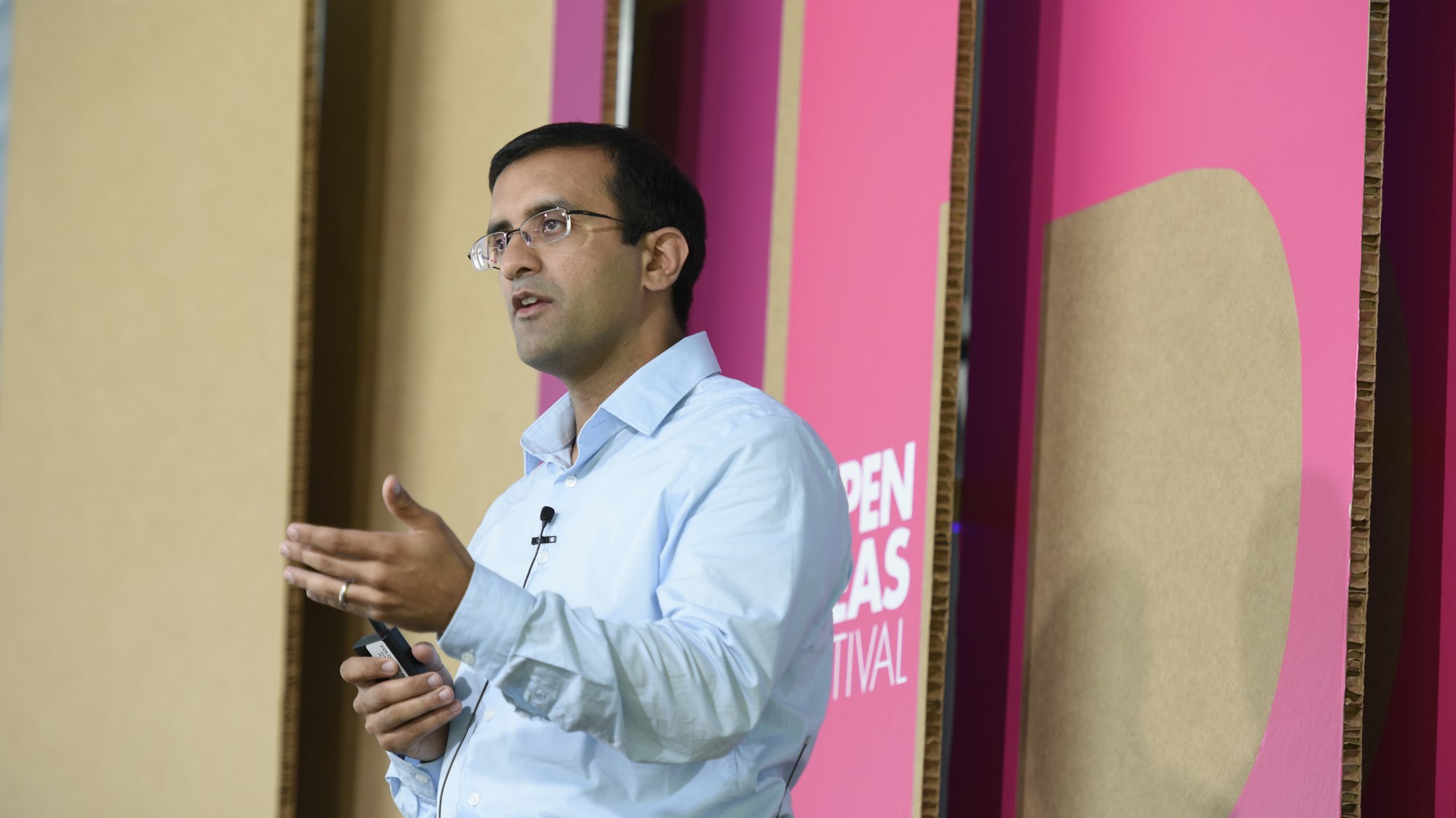
In the context of a pandemic, hours count. Weeks are too long.
Setup
By 2030, the world will face a shortage of almost 14 million health care workers. In the United States alone, we’ll need as many as 35,000 more primary care doctors over the next decade. Without adequately trained health professionals, universal access to health care will remain out of reach and preventable illnesses and deaths will rise. That’s a threat not only to individuals, but to society and global security. Fortunately, gloomy predictions are giving way to creative commitments, as countries expand their training programs, build cross-border partnerships to share skills, and deploy workers in new ways. What else should be done to defuse the health workforce crisis?
Speakers
-
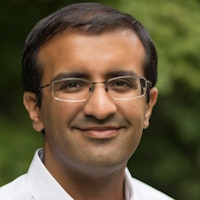 Raj PanjabiCEO, Last Mile Health; Associate Physician, Division of Global Health...
Raj PanjabiCEO, Last Mile Health; Associate Physician, Division of Global Health... -
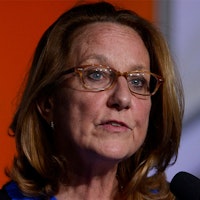 Peggy ClarkPresident and CEO of the International Center for Research on Women
Peggy ClarkPresident and CEO of the International Center for Research on Women -
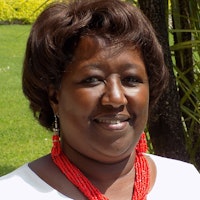 Agnes BinagwahoVice Chancellor, University of Global Health Equity; Senior Lecturer,...
Agnes BinagwahoVice Chancellor, University of Global Health Equity; Senior Lecturer,... -
 Ai-jen PooPresident, National Domestic Workers Alliance
Ai-jen PooPresident, National Domestic Workers Alliance -
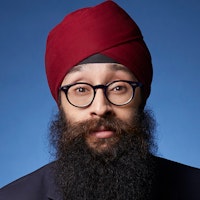 Prabhjot SinghDirector, Arnhold Institute for Global Health and Chairman, Department...
Prabhjot SinghDirector, Arnhold Institute for Global Health and Chairman, Department... -
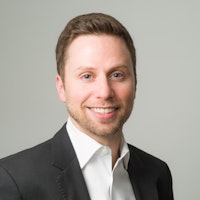 Andrew Morris-SingerPresident and Founder, Primary Care Progress; Internist
Andrew Morris-SingerPresident and Founder, Primary Care Progress; Internist
- 2017 Health
- Health
Explore More
Health


The rapid development of the Covid-19 vaccine and the ramp-up of manufacturing and global distribution were unprecedented feats of medical coordination. But those on the insid...

Since 2014, Aspen Ideas: Health has welcomed nearly 800 inspiring women leaders to our stages to share their bold approaches to better health. In honor of Women's History Mont...

Our attitudes, habits, pleasures, and responsibilities shift across the generations, influencing the health challenges we face and how we respond to them. Expectations about h...

Setting audacious goals helps to redefine what is achievable in health, medicine, and science. As we deepen understanding of the human genome, unravel the mysteries of the bra...

As we wrap-up another year of elevating big ideas at Aspen Ideas: Health, we're excited to share the 15 most-watched sessions from the event. These conversations with inspirin...
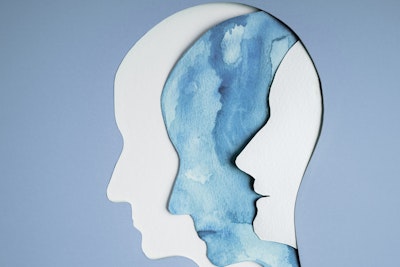
In America, millions of people struggle with mental health including depression, anxiety, and more — all further exacerbated by living through a pandemic. The National Allianc...

The United States spends $4.3 trillion—almost one fifth of the nation’s GDP—on health care. As the scale of the medical enterprise expands, venture capitalists are pursuing th...

Today's kids are coming of age against a backdrop of political, social, technological and economic upheaval. While these circumstances are shaping a precocious generation that...

Advocates, healthcare providers, legislators, researchers, and venture capitalists are bringing the unique health needs of women to light – from vigorous policy debates on iss...

From the debate over reproductive rights to the epidemic of gun violence to the youth mental health crisis, this year's Aspen Ideas: Health sessions tackled many of today's mo...

The recognition that all things are connected is at once a scientific principle and a philosophical touchstone. Humans, animals, and the environment are intertwined in complex...
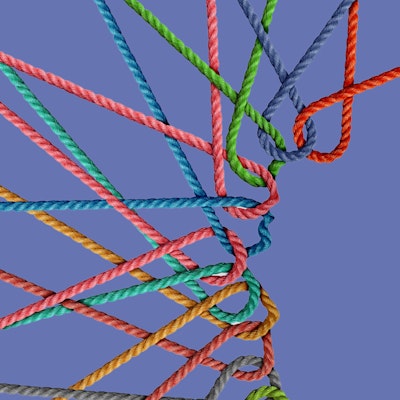
Our need for human connection is profound and deep. Yet, today, one in two adults are living with measurable levels of loneliness – and the numbers are even higher among young...
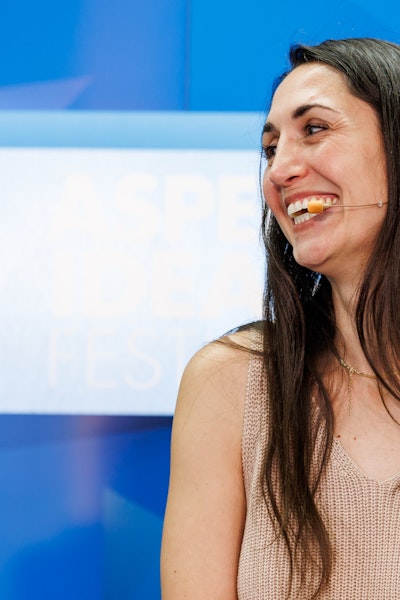
Artificial intelligence is revolutionizing health care by improving patient navigation, telehealth and the speed of drug development. From enhancing patient and provider exper...
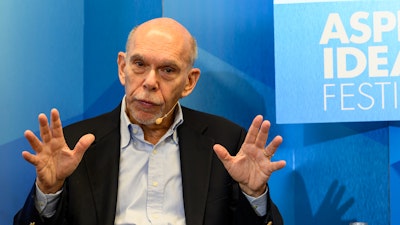
Brain-computer interfaces show potential to restore function to people impacted by incurable neurological conditions such as stroke, spinal cord injury, traumatic brain injury...

Neurodivergent people make up 15% to 20% of the global population, and visionaries are busy trying to foster welcoming environments in areas like adaptive sports, fashion des...
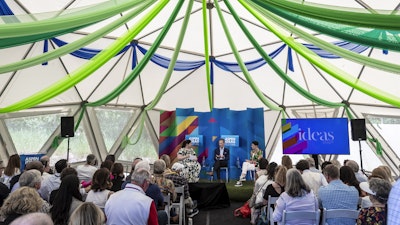
Across the globe, humans are living and working longer than ever — and today’s systems, governments and businesses aren’t prepared. Examine how we can reimagine work, wealth a...

Given what we learned from the global turbulence from COVID-19, are we any more prepared for the next pandemic? Author and journalist Michael Lewis and Adar Poonawalla, CEO of...

Few people are more deeply steeped in science than Francis Collins, former director of the National Institutes of Health and the groundbreaking Human Genome Project, and forme...
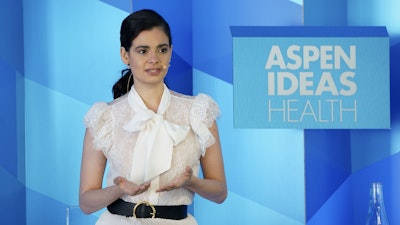
Climate change is a threat multiplier with a disproportionate impact on vulnerable populations. Girls and women, who are denied equitable access to education and economic oppo...

Featuring inspiring conversations, the closing session is not to be missed. First, U.S. Surgeon General Vivek Murthy and Jennifer Ashton of ABC News explore the loneliness epi...










